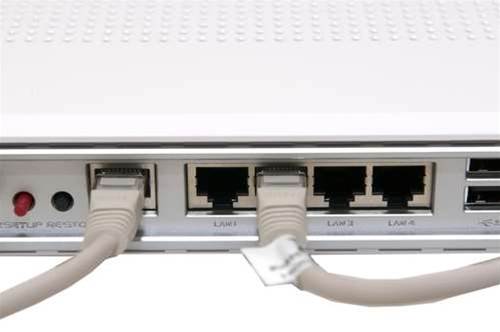The Australasian Performing Rights Association (APRA) has added weight to the proposition that passing on copyright infringement notices is only a "partially effective" means of an ISP avoiding accusations of authorisation.

The association made an amicus curiae appearance before the High Court of Australia on the second day of an appeal in the case between the Australian Federation Against Copyright Theft (AFACT) and ISP iiNet.
APRA's lead barrister, Mark Leeming SC, argued that any "partially effective" step available to an ISP – such as passing on warning letters from content owners – would be seen as relevant in avoiding a charge of authorisation under current legislation.
AFACT argued yesterday that passing on notices might not be enough to avoid legal action.
Several judges also yesterday questioned the effect of attempts to curb copyright infringement through warning notices.
APRA's appearance followed opening statements from AFACT's barrister Tony Bannon SC, who reiterated the importance of the DtecNet evidence provided in the Federal Court hearings as proof of copyright infringement by iiNet users.
DtecNet used anti-piracy software to collate a dossier of evidence of alleged copyright infringement occurring on iiNet's network.
Bannon also raised arguments from previous Federal Court proceedings that copyright infringements occurred every time a user logged in to the internet, because unauthorised movie files would be "made available" to other BitTorrent users.
iiNet's failure to respond to the warnings of content owners implied the ISP was authorising future repeat infringements, he said.
iiNet questions Safe Harbour
The second day of proceedings also provided the first opportunity in the High Court for iiNet to present its case.
iiNet's lead barrister Richard Cobden SC argued that the ISP had not authorised infringements under the Copyright Act.
AFACT's appeal, he said, relied on an incorrect view of the law.
Cobden used his opening statement to question the Safe Harbour provisions in the Copyright Act and their relationship with the doctrine of authorisation in section 101(1).
He argued that the Safe Harbour provisions were "pre-fabricated" from the Australian-US Free Trade Agreement and did not affect the interpretation of the authorisation provision.
The Safe Harbour provisions are also under review by the Attorney-General's Department.
If Cobden's view is accepted, steps taken under the Safe Harbour provisions, such as termination of repeat infringers, are distinct from the reasonable steps required to avoid a charge of authorisation. The two provisions served different purposes, he argued.
Authorisation under s101(1) of the Act concerned the liability of an ISP, whereas the Safe Harbour provisions were concerned with limiting the relief a court may grant against an ISP that has been found to have infringed copyrights.
This, he said, meant that AFACT's insistence that iiNet implement a policy potentially leading to disconnection of repeat infringers was not relevant to the question of reasonable steps.
Instead, Cobden argued, the Court should decide whether authorisation had occurred in the first place pursuant to s101(1), without reference to the Safe Harbour.
Further, Cobden urged the Court to give a stronger reading of the apparent protection for s112E of the Act, which provides for protection against a charge of authorisation for ISPs "merely because" they provide facilities that can be used to infringe.
Previous cases had read this provision as offering no real protection to ISPs. But iiNet hoped that if its broader interpretation were adopted by the Court, that its apparent lack of action would be seen as part of its operation as a communications facilitator and not amounting to authorisation of infringement.



_(23).jpg&h=140&w=231&c=1&s=0)
_(20).jpg&h=140&w=231&c=1&s=0)
_(28).jpg&h=140&w=231&c=1&s=0)





 iTnews Benchmark Awards 2026
iTnews Benchmark Awards 2026
 iTnews Executive Retreat - Security Leaders Edition
iTnews Executive Retreat - Security Leaders Edition
 iTnews Cloud Covered Breakfast Summit
iTnews Cloud Covered Breakfast Summit
 The 2026 iAwards
The 2026 iAwards












_(1).jpg&h=140&w=231&c=1&s=0)



